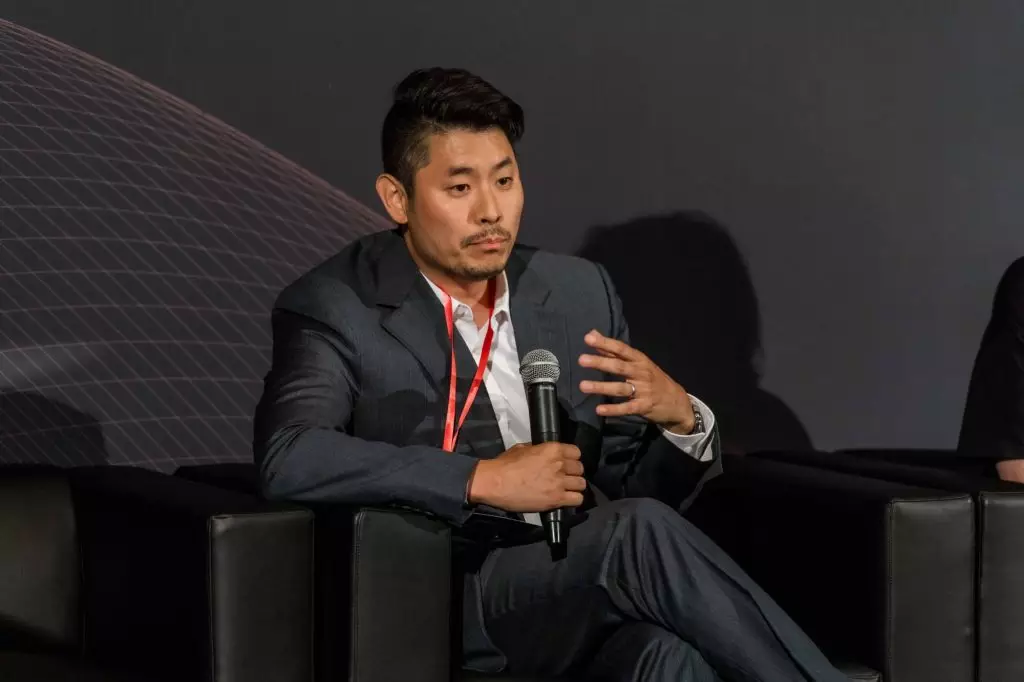AI has the potential to revolutionize healthcare, but as Daniel Yang, VP of AI and emerging technologies at Kaiser Permanente, points out, implementing it hastily can have negative consequences. There is a need to see evidence that AI works effectively and safely in real-world settings before widespread adoption. Kaiser Permanente’s approach of focusing on their core mission of delivering safe, high-quality, and affordable care serves as a model for other healthcare institutions considering integrating AI technology.
Success Story: Advanced Alert Monitoring Program
One of the successful AI applications at Kaiser Permanente is the advanced alert monitoring program, which has been saving more than 500 lives per year. By using predictive analytics, the program identifies patients at high risk of clinical decompensation and alerts healthcare providers to intervene early. This success highlights the importance of integrating AI into existing workflows rather than relying solely on the technology itself to drive outcomes.
Yang emphasizes that the key to the success of the alert monitoring program was not the algorithm itself but the redesign of the workflow around it. By training critical care nurses to review patient charts and activate response teams, AI augmented the decision-making process rather than replacing it. This approach can serve as a blueprint for incorporating AI into healthcare practices without disrupting existing workflows.
While generative AI has the potential to transform various aspects of healthcare, Yang highlights the importance of using this technology to reduce administrative burdens on clinicians. Kaiser Permanente’s clinical AI scribe technology, which generates clinical notes based on patient encounters, has been successful in saving clinicians up to an hour per day. By streamlining administrative tasks, AI can allow providers to spend more time engaging with patients and delivering personalized care.
Despite the promising results of AI technology in primary care environments, there are challenges in implementing it across diverse specialties within healthcare settings. Kaiser Permanente’s approach to conducting robust quality assurance testing and soliciting feedback from providers demonstrates the importance of generating evidence to support the integration of AI technology. With a cautious and evidence-based approach, healthcare institutions can ensure the successful implementation of AI while addressing the unique needs of different specialties.
AI has the potential to transform healthcare by improving patient outcomes, enhancing operational efficiency, and reducing administrative burden on clinicians. However, a critical analysis of the implications of AI in healthcare is essential to ensure successful implementation. By learning from success stories like Kaiser Permanente’s alert monitoring program and prioritizing evidence generation and workflow redesign, healthcare institutions can leverage AI technology effectively to revolutionize patient care.


Leave a Reply